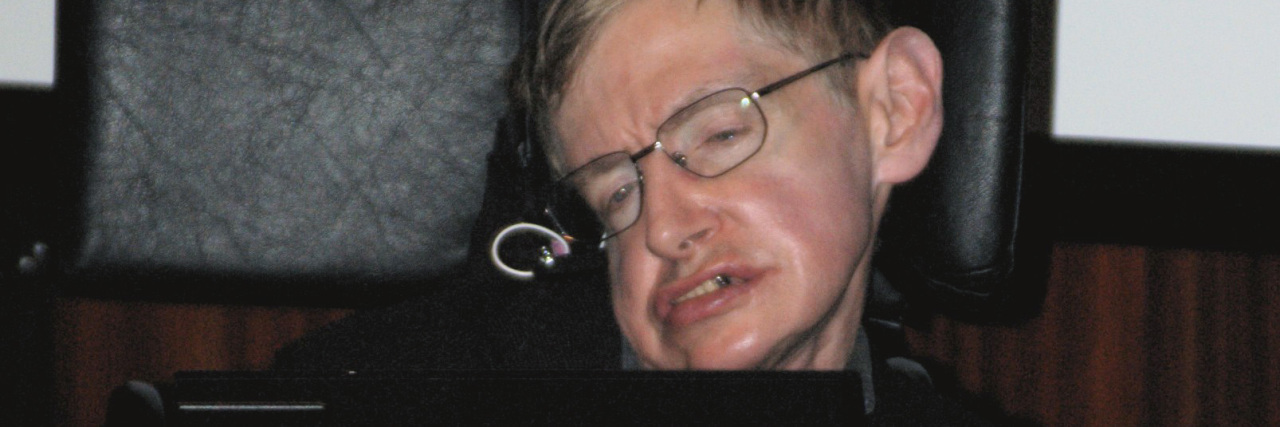I’ve noticed a trend in responses after a celebrity passes away, and I don’t like it.
Lately, every time a celebrity with a disorder dies, there seems to be this mentality that they are now “free.” This paints death as a thing to be desired, perhaps even pursued.
I have bipolar disorder. I know depression; it is an old friend. When I read about a celebrity who has fought with it, I sometimes think, “I know something of what they go through.” When Robin Williams died, I saw much of this, which I did not like:
Genie, you're free. pic.twitter.com/WjA9QuuldD
— The Academy (@TheAcademy) August 12, 2014
We need to jettison this mentality that death will free you from misery. I’ve been suicidal. I’ve tried killing myself. I survived.
I still have days (and weeks, and months) where I wonder if everyone would be better off if I were dead. But in my clearer moments, I realize what twisted thinking this is. My wife and daughter would absolutely not be happier if I were dead, but in the middle of a depressive cycle, I don’t — can’t — realize this.
That’s what depression is. It takes away your clarity of thought and replaces it with a fun-house mirror of self-hate (read: not fun). But I definitely wouldn’t be better off dead, and killing myself definitely wouldn’t be an “escape.” Not for me and for sure not for my family and friends. And if you are depressed or suicidal, there is life beyond what you’re feeling now. I’ve been on both sides enough times to know.
My daughter Namine is disabled, but she doesn’t let her physical limitations stop her. (It sounds trite and perhaps a little cliche, but it’s true.) She opted to have surgery on her feet — it was her choice, ultimately, not ours — because she wants to walk. She still needs a walker, but she hasn’t given up yet.
Stephen Hawking had ALS, and he was supposed to live for another two years after his diagnosis. He lived another 56 years. And yet, after his death, after all his accomplishments, the most important thing to people seems to be the fact that he’s no longer in a wheelchair.
Rest in peace Dr. Hawking. Now you're free of any physical constraints.. Your brilliance and wisdom will be cherished forever ✨ pic.twitter.com/EQzSxqNTuN
— Gal Gadot (@GalGadot) March 14, 2018
When Namine was still in the womb, a doctor told me and my wife we should consider termination. We refused. (I wanted to punch him.) As we got closer to the due date, we were told again we “should consider quality of life” — this was doctor-speak for “give her drugs and wait for her to die.” Again, no. It was later rephrased as, “Make her comfortable and see how she does,” but that was no better. We already knew she’d die with no surgery on her heart. Again, a death sentence.
Death is not escape.
Stephen Hawking was not “confined,” “chained to” or by any other term limited by his use of a wheelchair. My daughter might never walk; she might solely use a wheelchair for the rest of her life. If she does, it won’t limit her. It won’t restrict her. She doesn’t need death to “free” her any more than I do from my depression or Hawking did from his ALS.
This was originally published on eichefam.net.

